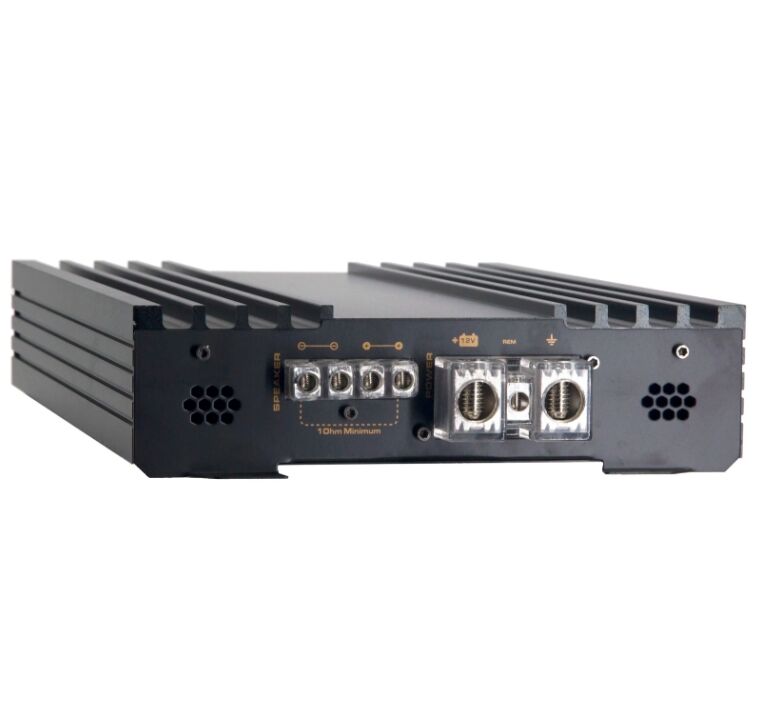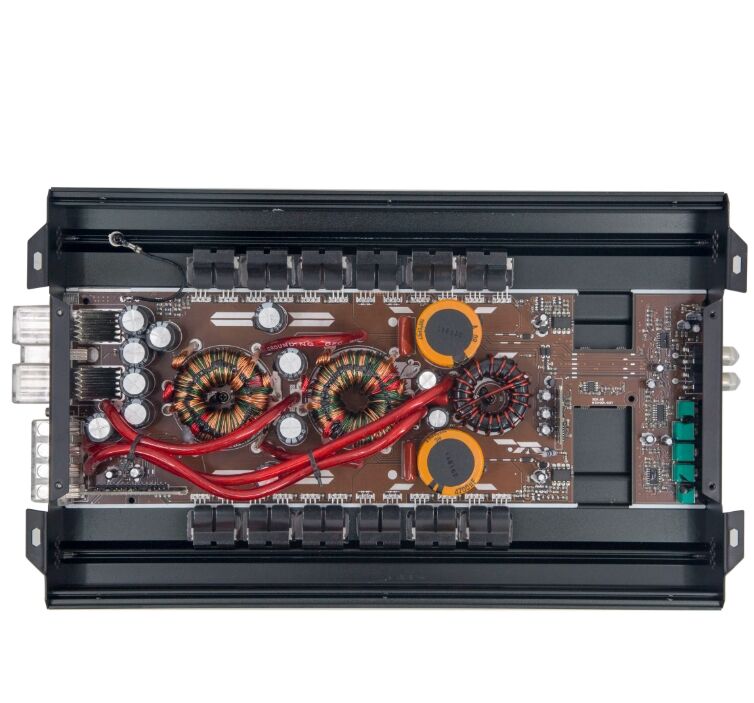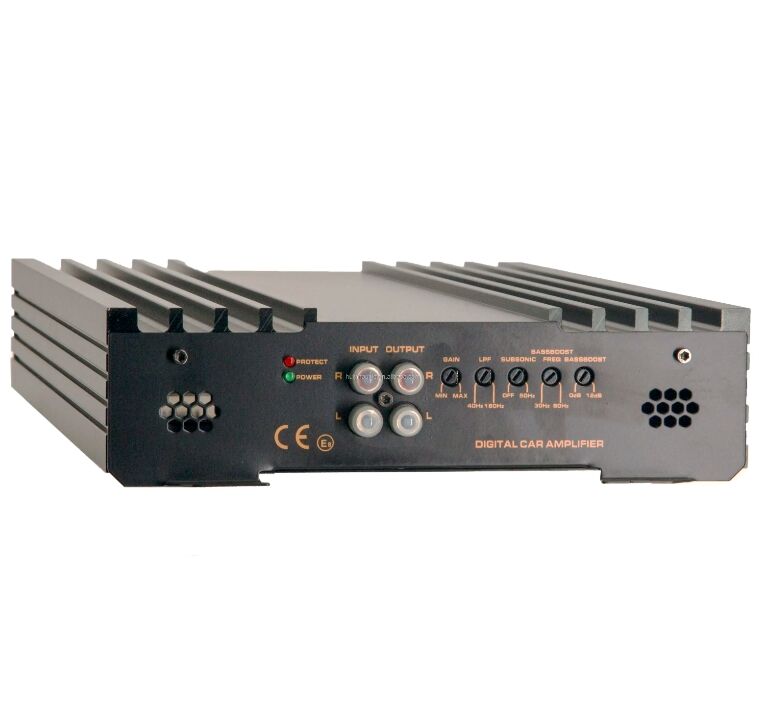An efficient car amplifier is designed to convert a higher percentage of the vehicle’s electrical power into acoustical energy, minimizing wasted energy in the form of heat and reducing strain on the car’s electrical system. Efficiency is measured as the ratio of output power to input power, with higher efficiency ratings meaning less power is lost during amplification. In automotive applications, where power is supplied by the vehicle’s battery and alternator, efficiency is crucial to prevent draining the battery or causing electrical system overloads, especially during extended use at high volumes. Efficient car amplifiers often utilize advanced technologies such as Class D or Class AB designs, with Class D being particularly known for its high efficiency (often exceeding 85% under optimal conditions) due to its switching circuitry that reduces power dissipation. These amplifiers incorporate sophisticated power supply designs, including regulated power rails and pulse width modulation (PWM) in digital models, to adjust power delivery dynamically based on the audio signal’s demands. This dynamic adjustment ensures that power is only used when needed, conserving energy. Additionally, efficient amplifiers generate less heat, reducing the need for large heat sinks and allowing for more compact installations. This heat efficiency also enhances reliability, as components are subjected to less thermal stress during prolonged operation. For car audio enthusiasts, an efficient amplifier means powerful sound reproduction without compromising vehicle battery life or electrical system stability.


